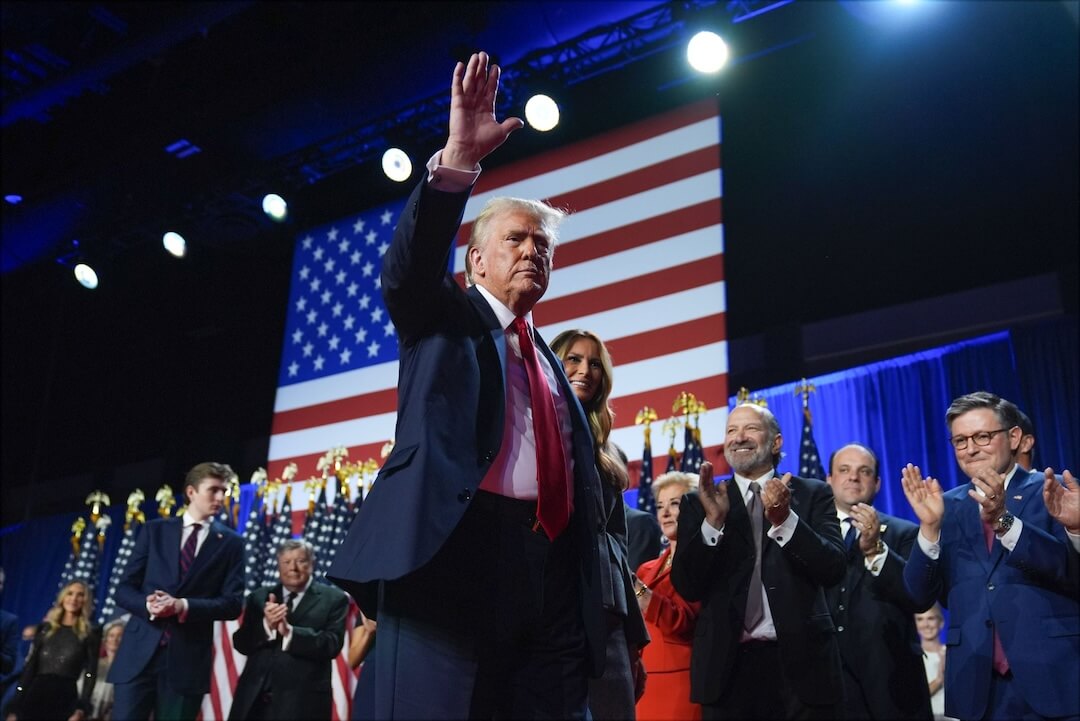Public trust in journalism has been dwindling for years, long before Donald Trump proved it’s possible to win voters no matter how many Pinocchios or Pants on Fire ratings the fact-checkers dished out. Newsroom leaders have good reason to worry about the pandemic of hoax stories spread by click-seeking profiteers and partisans that poses an existential threat to the credibility of real news.
So when politicians weaponize the term “fake news” to mean any coverage they don’t like, reporters and editors must be especially vigilant that they’re gathering news using the highest standards to inoculate themselves against any charges of bias or invention.
A good reminder is the controversy roiling over the sources and veracity of crime reporter Kevin Deutsch’s new book “Pill City: How Two Honor Students Foiled the Feds and Built a Drug Empire.” A Baltimore Sun investigation last month raised doubts about Deutsch’s incredible tale of gangland drug-dealing-meets-tech-startup, which critics say reads like a Hollywood treatment, dripping with too-good-to-be-true details.
Related Training: Fact-Checking 101
The New York Times has since reviewed and run an editor’s note on a December 2016 story by Deutsch, removing two sources they couldn’t track down. Newsweek, Newsday and the New York Daily News are reviewing sources in hundreds of stories Deutsch wrote for them. iMediaEthics tried to trace purported classmates and colleagues of the Orlando Pulse nightclub shooter and a Boston Marathon bombing victim quoted in Deutsch’s stories, and found no record of anyone with those names.
Deutsch insists his sources are real and that he has notes to prove it. He blames any discrepancies on interviewees giving false names or information but says he had no reason to doubt them. It’s not unheard of for unreliable sources to spin tales that unravel under further scrutiny, but sussing that out requires a reporter to verify details, which is admittedly hard on deadline. We also know of journalists so desperate for the perfect quote or character that they invented them, at the cost of their reputations and careers: Jayson Blair, Stephen Glass and Janet Cooke, to name a few.
Deutsch says he’s the target of jealousy, a freelancer doing tough reporting on reluctant sources outside of the establishment. That may be so, but it’s also fair to question why he has apparently been unable to locate for editors sources whose existence is being questioned.
Without passing judgment, his case is a good reminder of how to avoid a similar situation. It starts with what I call basic reporting hygiene: Always check your facts and know how to contact your sources again (even if you’ve promised them anonymity for some very good reason). It’s a lesson I first learned as a crime reporter at the height of the gang violence epidemic in the early 1990s.
Ask your source his or her name and how to spell it (“John Smith” may be “Jon Smythe”). Ask their age (and date of birth, since they may have a birthday coming up before your story runs). Ask their place of work or education, and as many details as possible to verify how they know what they say they know. Record the interview, if possible, and keep a copy. Take a picture. And never, ever leave without getting their phone number, email, home address or some way to contact them. If time permits, do this once you’ve established a rapport and before asking something that offends. You may well need to contact them to fact-check your story — and someday, your newsroom may get a call to prove that source exists.
On sensitive topics, sources may not want their names or faces made public. But in my experience, whether they were gang members in Boston, high-seas pirates in the Philippines, political dissidents under threat of arrest in China and Cuba or opium farmers in Afghanistan, even sources with the most to fear from authorities are nearly always willing to share contact information with a reporter with whom they’d developed trust, even in just one interview.
The worst affront to a reporter, as President Trump knows, is calling into question their facts. In an era when “fake news” is a real threat to the credibility of journalism, documenting your sources, verifying what they tell you and knowing how to reach them again is the most basic and best defense.






